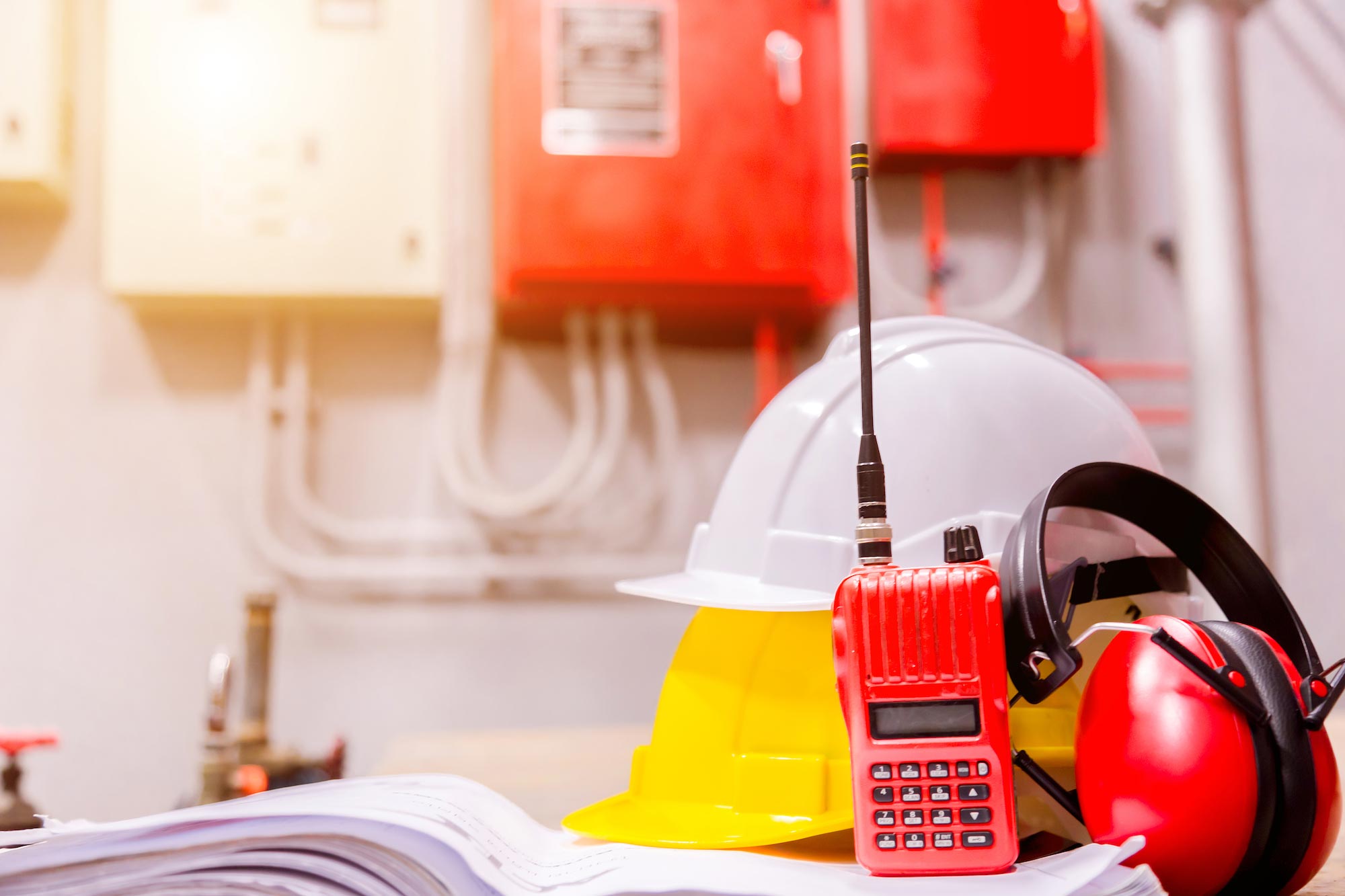Emergency management requires a coordinated and integrated approach to prevent, prepare for, respond to, and recover from emergencies.
Therefore, training and competency in emergency management are vital to respond effectively and efficiently in an emergency to protect all personnel. Here’s why:
1 – Maintaining compliance
As part of regular emergency training and reviews, your organisation needs to ensure that all current emergency procedures comply with the requirements of AS 3745–2010 and best practice requirements with a commitment to ongoing reviews and updates, and ensuring the program is simple and practical. This ensures that the emergency plan reflects up-to-date emergency protocols and that staff are trained and competent in line with best practice procedures.
Does your organisation comply with current emergency standards:
- Do you have an emergency planning committee?
- Do you have a useable emergency response plan?
- Do you have evacuation diagrams?
- Have you established an Emergency Control Organisation (ECO) (also known as a warden team)?
- Do your ECO members have coloured identifiers?
- Has your ECO received training every six months?
- Have all occupants (including all staff) received training annually?
- Have you conducted an evacuation and lockdown drill annually?
If you answered no to any of the above, your organisation may not comply, so it is time to review your emergency procedures.
2 – Skills, knowledge and experience development
Emergency management plans are only useful if all personnel within the organisation have been trained to use them effectively and given the opportunity to practice the processes.
Developing skills, knowledge and experience through regular training programs and drills will assist the people involved in responding to an emergency to understand and respond effectively, which could ultimately save a life.
These training programs are also essential to measure staff competency in their designated roles when responding to an emergency. It is an opportunity to identify and close any gaps in skills and knowledge by providing additional guidance and/or reallocating the role to someone more competent to respond effectively.
3 – Effective response
A well-trained and competent emergency control organisation can respond promptly and effectively during an emergency. They will be competent in making informed decisions to minimise harm and maximise the effectiveness of response operations, allocating resources where required, and coordinating and collaborating with external organisations, including emergency services.
4 – Risk reduction and mitigation
Adequate training in emergency management highlights the areas to reduce and mitigate risk using hazard identification, risk assessments, and implementing preventive measures to minimise the impact of emergencies. By proactively training and addressing risks and vulnerabilities, trained personnel will become more competent in managing an emergency to help the organisation become more resilient and better prepared to withstand and recover.
5 – Continuous improvement
Ongoing training allows staff to stay up to date, adapt to changes in circumstances, and continuously improve their knowledge and skills. Lessons learned from previous incidents can be incorporated into training programs, ensuring continuous improvement and staff competency for future emergencies.
Bounce Readiness takes a practical project management approach when establishing client emergency programs.
Please get in touch if you want to learn more about how we can assist your organisation establish a customised emergency management plan and training your teams.

